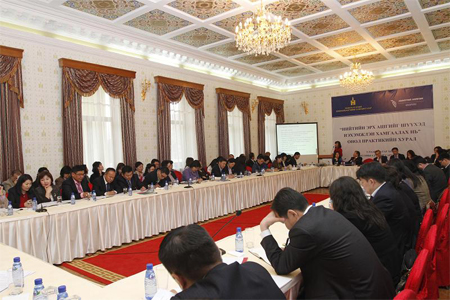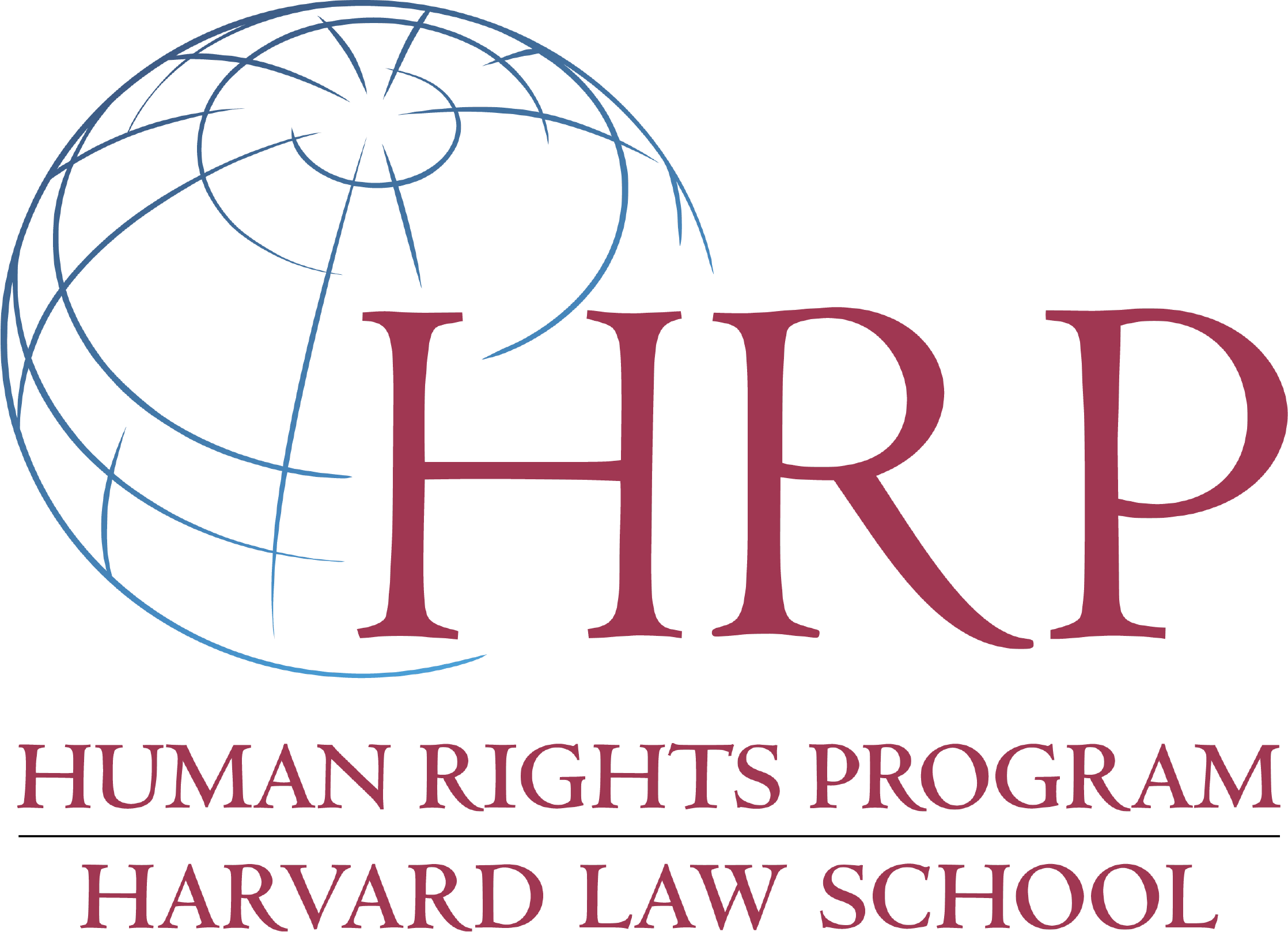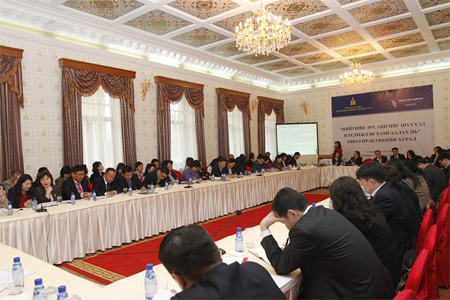
Supporting Public Interest Litigation in Mongolia
A few weeks ago, the Office of the President of Mongolia and Open Society Foundation—Mongolia held a conference on public interest litigation. In many countries, public interest litigation is commonly used to advance legal and social policy, but here in Mongolia, the concept is rather novel to most NGOs and lawyers alike. There is growing interest in public interest litigation by our NGO sector, with human rights groups filing an increasing number of cases on environmental rights, but there are also significant challenges to gaining momentum.
We reached out to Harvard Law School—and in particular, to Mindy Roseman, Academic Director of the Human Rights Program—to bring a comparative and engaged perspective on using courts to advance the public interest, and to support those in Mongolia who are working to expand the use and effectiveness of public international law.
I personally believe public interest litigation should play an important role in advancing social justice and human rights—strengthening existing institutions, as well as ensuring that public officials carry out the duties and responsibilities entrusted to them. Public interest litigation can broaden the judiciary’s role in public policy enforcement, by compelling resistant governmental authorities, agencies, and public institutions to take action. In countries where it is used, it also makes courts more accessible to those without financial resources or who otherwise are excluded, and helps redress the imbalance of power between those who have it, and those who do not.
But there are barriers in Mongolia. For example, most NGOs do not have staff lawyers, there is little cooperation between the legal community and the NGO community, and the pro bono culture is nascent.
The most significant hurdle NGOs face in our legal framework is standing to sue—that is, the ability to file a complaint on behalf of the harmed group(s) in order to bring a court case. Third party standing is not allowed, unless the party can also claim direct harm. Under these circumstances, NGOs must find an individual who has suffered actual damage and persuade him or her to pursue a claim. There is an ever-present and likely risk that the selected individual will drop the claim altogether or pursue his or her own individual suit.
In addition, there is no provision in our procedural codes to permit a class action filing, or to allow for multiple litigants, despite many cases where it is a group of citizens or a whole community who suffer from the same violation by the same actor. Damage awards are also a hurdle. In law and practice, despite lawyers demanding significant reparations, courts have only awarded nominal amounts.
The most urgent need to facilitate the growth of public interest litigation in Mongolia is liberalized standing requirements, in both civil and administrative procedures, for public interest cases which would allow NGOs to bring any critical human rights issue to the attention of the court. Over the longer term, increased judicial independence, civil society capacity-building, and involvement of lawyers are also important steps to take full advantage of public interest litigation.

